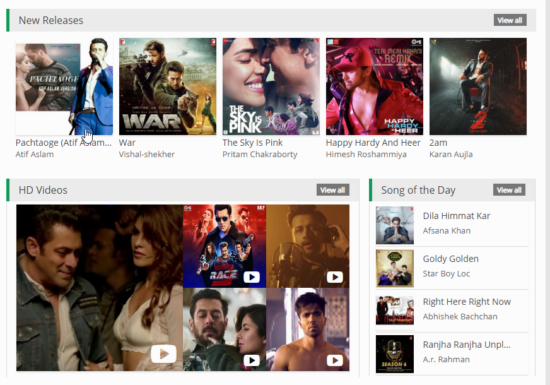Late payments can cause significant disruptions to any business’s cash flow. Whether it’s a startup struggling to stay afloat or a well-established company managing tight budgets, delays in payments can have ripple effects. Unfortunately, many businesses encounter common excuses from clients or customers trying to delay payment. Understanding these excuses—and how to manage them—can play a critical role in maintaining financial health and professional relationships.
Here are five common excuses clients use for late payments and effective strategies to handle them:
1. “We never received the invoice.”
All Heading
This is perhaps the most frequent excuse offered by clients. Sometimes it’s genuine, other times it’s a delay tactic. In today’s digital age, it’s easy to trace whether emails were sent and received, so there’s no reason this should cause major delays.
How to tackle it:
- Always use invoice tracking tools or send invoices through platforms with delivery receipts.
- Follow up with a phone call or an email confirming receipt right after sending the invoice.
- Store a log of all sent communication in case disputes arise.
2. “The person responsible is out of the office.”
This excuse shifts responsibility to someone not present. While such situations do occur, using this excuse consistently indicates poor internal processes or deliberate delay.
How to tackle it:
- Ask for an alternate contact or delegate payment to someone else on the team.
- Encourage clients to implement a system allowing multiple people to approve and process payments.
- Document the discussion and remind them of payment timelines agreed upon.
3. “We’re waiting on a client to pay us first.”
Cash flow dependency is a real problem for many businesses, but it shouldn’t delay their obligations. When a client uses this excuse, they are essentially passing on their financial strain to you.
How to tackle it:
- Offer structured payment options or partial payments to ease the burden without ignoring your invoice.
- Negotiate payment terms like deposits or installments for future projects to protect your income.
- Have clear contractual terms that include penalties for late payments, if applicable.

4. “There must be an issue with our bank.”
Blaming banks or technical glitches is another go-to response that buys clients more time. While rare inefficiencies do occur, these seldom take more than a couple of days to resolve.
How to tackle it:
- Ask for a reference or proof of the bank transaction being processed.
- Provide alternative methods of payment such as credit card, PayPal, or even mobile payment apps.
- Set up auto-reminders that can go out every couple of days until the problem is solved.
5. “We thought we had more time.”
Misunderstanding invoice terms is an often-cited excuse. Miscommunication or lack of clarity regarding payment terms leads to unintended delays.
How to tackle it:
- Ensure that all invoices have clearly written due dates and payment terms highlighted.
- During project kickoff or delivery, refer again to the payment structure and timeframes.
- Consider using visual elements like bold red font for deadlines or due amounts in the invoice.
Final Thoughts
Tackling late payments is not just about getting the money you’re owed; it’s about setting clear expectations, enforcing professional boundaries, and adopting systems that reduce the risk of delays. With polite persistence and process improvements, any business can minimize interruptions due to common excuses and build stronger, respectful client relations. Being proactive, well-documented, and clear in communication puts businesses in a better position to receive timely payments without damaging relationships.
Frequently Asked Questions (FAQ)
-
Q: How can I politely remind a client about a late payment?
A: Send a reminder email with the invoice attached again and a friendly note referencing the payment terms and due date. Keep the tone professional and respectful. -
Q: Should I charge late fees for overdue invoices?
A: Yes, if your initial agreement includes late fee terms. Clearly communicate these during the contracting stage and include them in the invoice. -
Q: How often should I follow up on a late payment?
A: A good practice is to follow up weekly, but escalate the frequency if it extends beyond two weeks after the due date. -
Q: Can automation help in reducing late payments?
A: Absolutely. Automated invoicing software can send regular reminders, track payment statuses, and make record-keeping seamless. -
Q: What if a client persistently pays late despite reminders?
A: Consider implementing stricter payment terms, requesting a deposit upfront, or reassessing the client relationship altogether.












Recent Comments